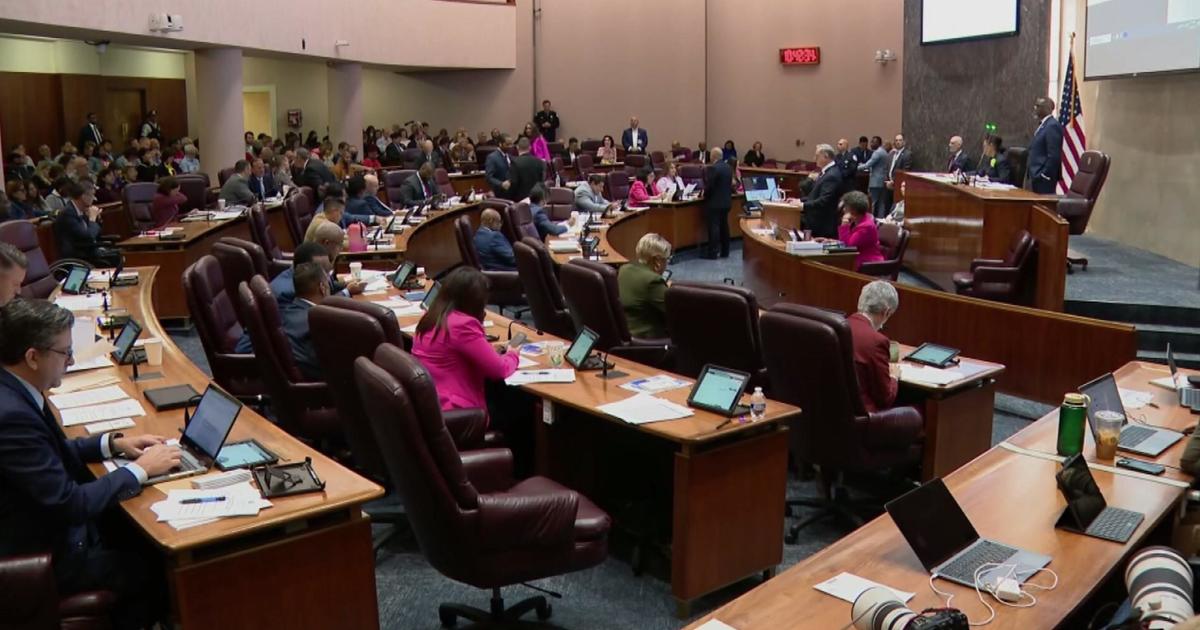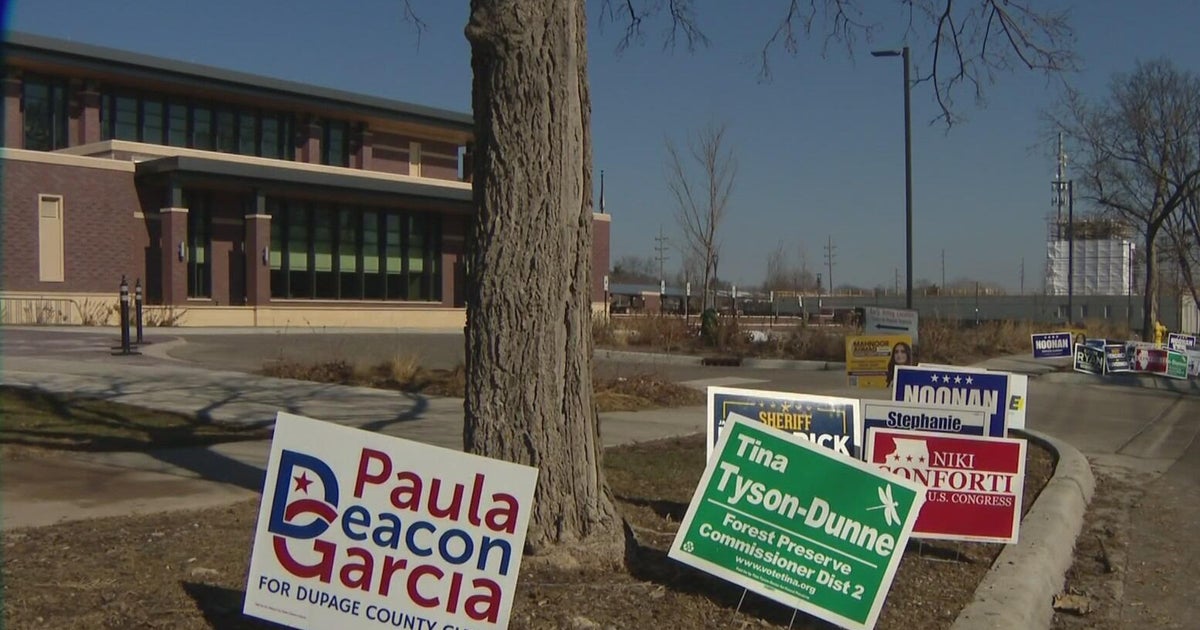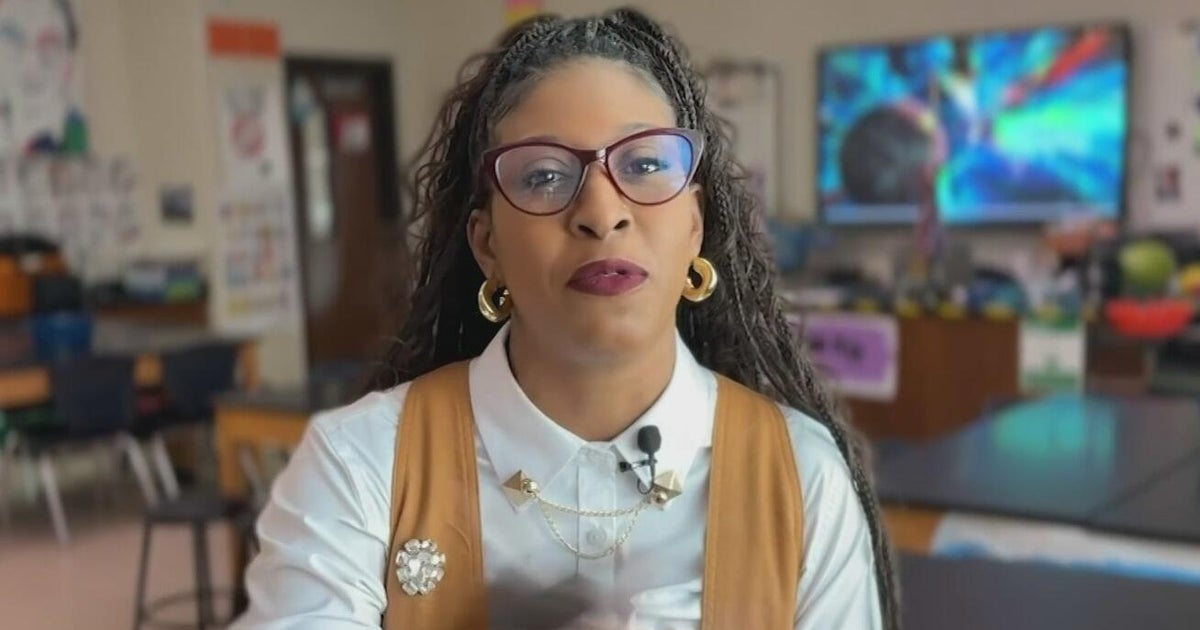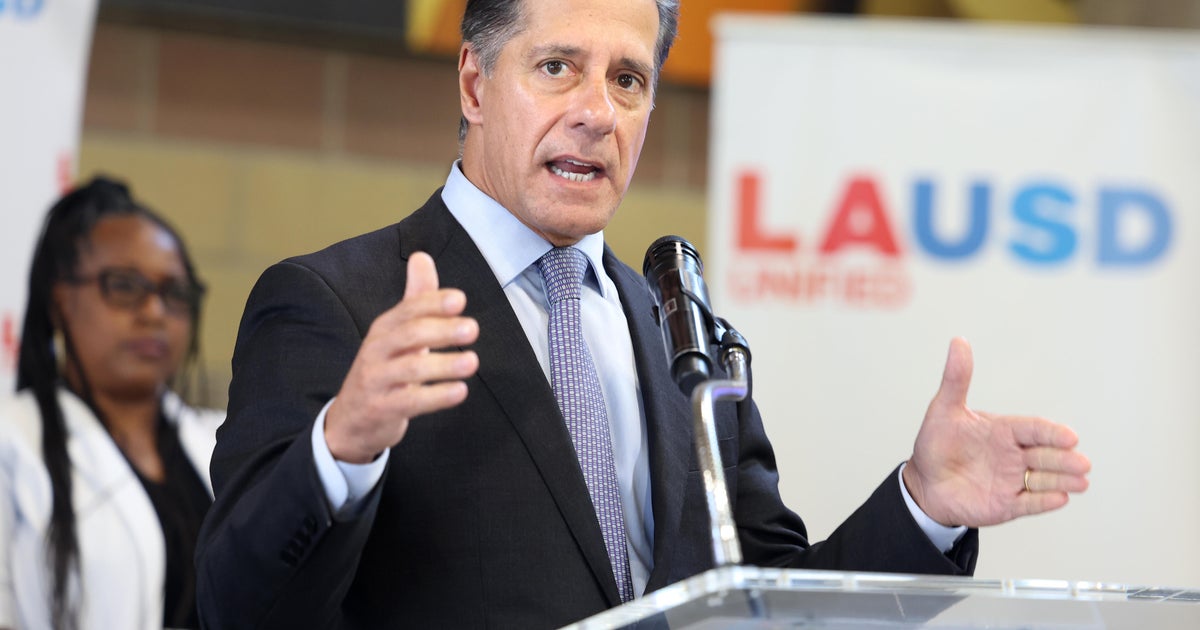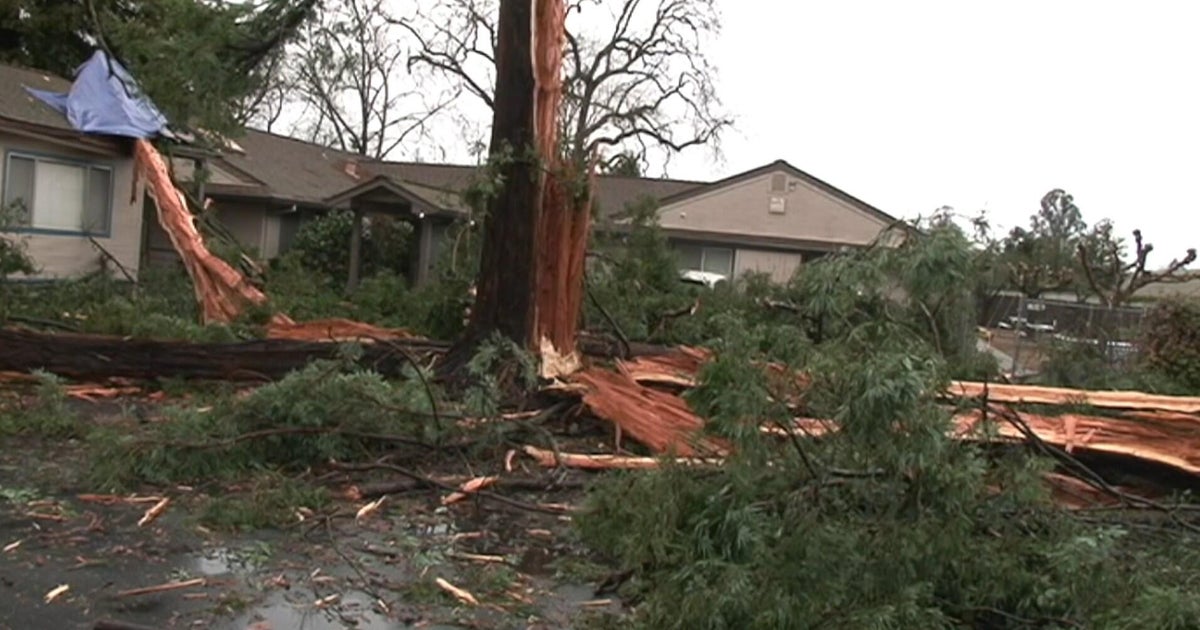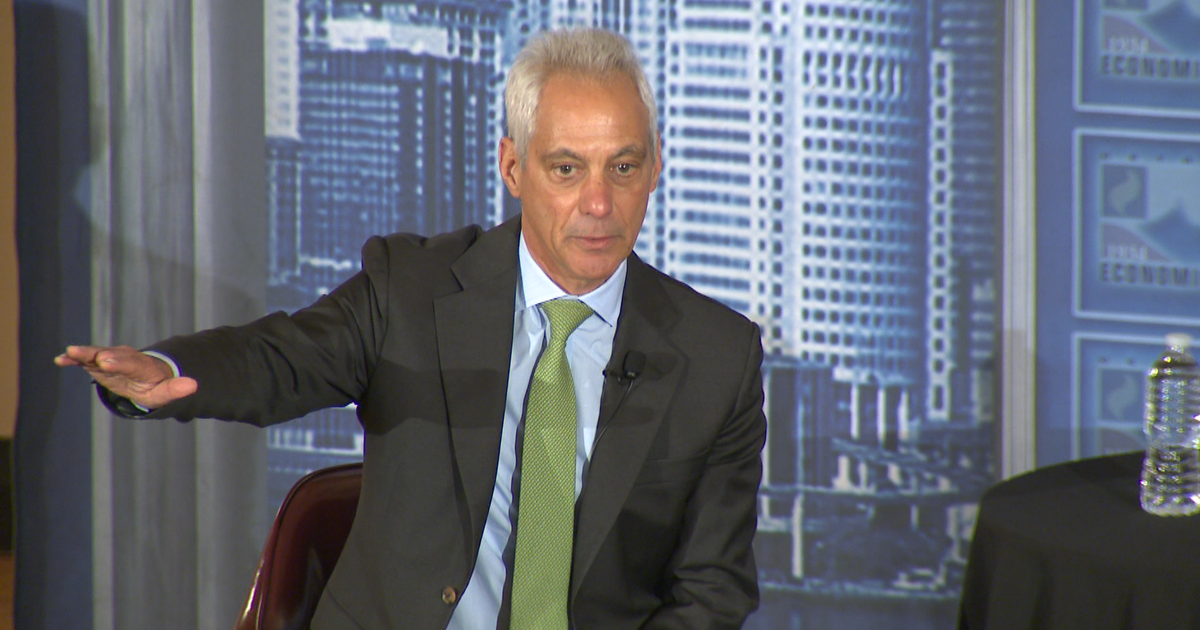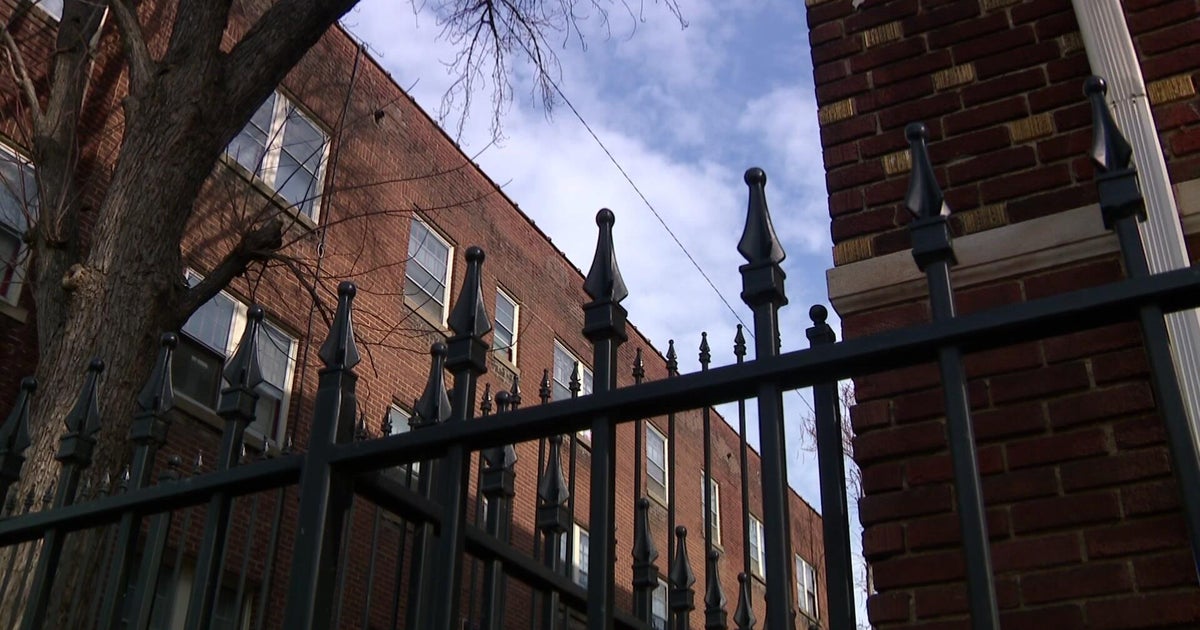Will It End? Chicago Teachers To Vote On Strike
CHICAGO (AP) — After a weeklong strike over job security and evaluation procedures, it all comes down to this: Are Chicago teachers satisfied enough with a proposed contract deal that they will vote to end their walkout?
Parents and striking teachers are waiting to learn whether students in the nation's third-largest school district will return to the classroom on Monday after a week of tense negotiations between the teachers union, the district, and representatives of Mayor Rahm Emanuel.
Both sides were hopeful that the union's House of Delegates would vote to suspend the strike so classes could resume Monday. The body's nearly 800 members were set to consider a tentative deal at a meeting Sunday afternoon.
"We believe this is a good contract; however, no contract will solve all of the inequities in our district," union president Karen Lewis said in a statement. But she cautioned that the group would review the details carefully and that no decision had been made. If delegates suspend the strike, all teachers would vote on the contract at a later date.
Late Saturday, the union said it would present to its members a three-year contract that included a 3 percent cost of living increase in the first year and 2 percent raises in the second and third years, along with preserving pay for longevity and additional education. The district and union would have the option of extending the contract into a fourth year, with a 3 percent raise then.
The deal also would create a hiring pool with the goal of giving half of open jobs to laid-off teachers. It includes a new evaluation procedure based in part on student test scores, but teachers can appeal their ratings, the union said.
"I'm pretty confident that something will come together that both sides will agree on, whether that's tomorrow" or another day, said Ramses James, a sixth-grade math teacher who joined thousands of teachers and their allies for the rally in a city park.
The walkout that began last Monday was the first Chicago teacher strike in 25 years and forced more than 350,000 students out of class just after the start of the year. The last major teacher's strike in a U.S. city was in Detroit six years ago.
The strike erupted after months of bitter contract negotiations amid disagreement over a new teacher evaluation process the union felt was too heavily based on student test scores. Teachers also hoped to preserve pay increases based on longevity and education and they raised issues of whether laid-off teachers should have a first shot at job openings in other schools. They also expressed concern about classroom overcrowding, a lack of resources and schools without air-conditioning.
Second-grade teacher Julie McDevitt said the strike and weekend rally "put into perspective the daily life of a teacher and our basic needs to make a classroom work."
"We're not office workers. We're not lucky enough to walk into a classroom and (have) everything be equipped for us," she said. "We don't open our desk drawers and see pencils ... or post-its. We have to supply everything for those classrooms."
Saturday's rally was a boisterous show of strength and solidarity. Union members from Wisconsin, Minnesota and elsewhere joined in the chants and cheers as speaker after speaker urged Chicago's teachers to stand firm until they have a deal in writing. Speakers also assured Chicago teachers that their strike symbolized the hopes of other unions that have been losing ground nationwide.
The Rev. Jesse Jackson addressed the crowd, saying the strike was a "struggle for working people everywhere." He said there was still a long road to ensuring all residents of the city have equal access to quality schools, particularly in neighborhoods beset by gang violence and poverty.
"People are energized by this," said Marty Horning, a high school social studies teacher from Milwaukee who came to the rally with a busload of others. "I think that the line has to be drawn in terms of teacher bashing, union bashing and privatization of education. These forces and factors are not just in Chicago, not just in Wisconsin, but across the nation."
(© Copyright 2012 The Associated Press. All Rights Reserved. This material may not be published, broadcast, rewritten or redistributed.)
